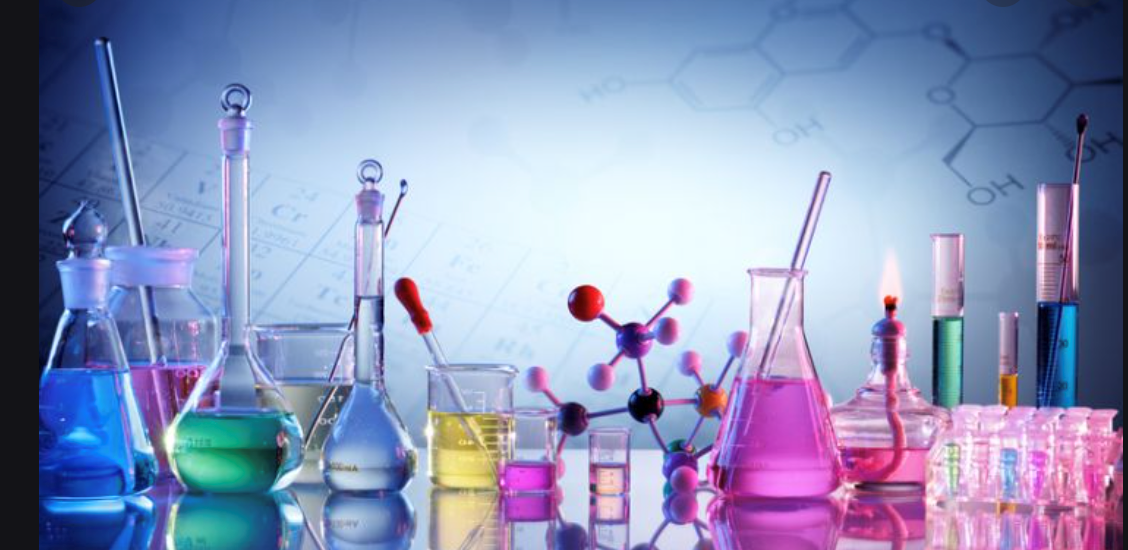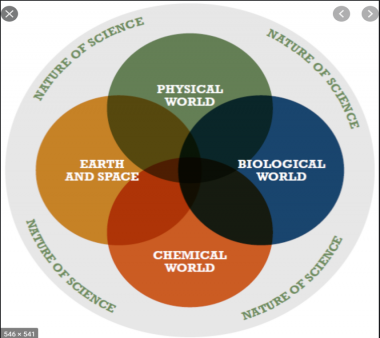Science
Brief overview of the subject:
Studied by all Junior Certificate Students
Common Level.
The aim of science for the junior certificate is to develop students’ evidence-based understanding of the natural world, advance their ability to gather and evaluate evidence and become competent and confident in their ability to use and apply science in their everyday lives.It is designed so that experiences are engaging, enjoyable and relevant to everyday lifeThe study of science enables students to build on their learning in primary school and to further develop their knowledge of and about science.
| Primary areas of study:
There are 5 main strands in junior certificate science: Biology This strand leads students to an understanding of living things and how they interact with each other and the environment. They are introduced to the cell as the basic unit of life, and how characteristics are inherited from one generation to the next. They will develop an understanding of the diversity of life, life processes and how life has evolved. Students will explore body systems and how they interact and learn about human health. They will investigate living things and their interdependence and interactions with ecosystems. They will learn about issues of social importance, such as the impact of humans on the natural world. Chemistry This strand involves the study of matter and the changes it undergoes. Students will develop understandings of the composition and properties of matter, the changes it undergoes, and the energy involved. They learn to interpret their observations by considering the properties and behaviour of atoms, molecules, and ions. They learn to communicate their understandings using representations, and the symbols and conventions of chemistry. Our way of life depends on a wide range of materials produced from natural resources. In this strand students will learn about assessing the resources used to produce a material over its lifecycle (extraction, use, disposal, and recycling). Using this, they are better able to understand science related challenges, such as environmental sustainability and the development of new materials, and sources of energy. Physics This involves the exploration of physical observables – motion, energy, and electricity. Students gain an understanding of fundamental concepts such as length, time, mass and temperature and through experiments they will develop a sense of scaling and proportional reasoning. They will explore concepts such as area, density, current, and energy and again through practical experience and experiments will explore patterns and relationships between them. They will design and build simple electronic circuits and investigate electricity and its impact on our lives. In addition, they will research sustainability issues that arise from modern physics and technologies, and our generation and consumption of electricity Earth and space This is a new addition to the science course introduced recently as part of the new junior certificate. The aim is to develop a sense of the structure of the universe and some organising principles of astronomy. Students will explore relationships between astronomical objects and evidence for the history of the universe. They will use data to understand patterns in the motion of the Sun, Moon, and stars and explore events such as day and night, seasons, and lunar phases. They will explore the role and implications of human space exploration. They will study energy conservation, energy resources, weather and climate, and the idea of cycling itself which will lead to a better appreciation of human impact on our earth and the need to preserve it for future generations Nature of Science This is a unifying strand and permeates all other strands in science. The elements of this strand place a focus on how science works, how best to carry out investigations and how we communicate in science. It also involves a development and appreciation of the role and contribution of science and scientists to society. There is a strong focus on scientific inquiry. While the learning outcomes associated with each strand are set out separately here, each strand is not studied in isolation. Rather an integrated approach is taken, and connections are made in the classroom between the strands so that students will have a complete and comprehensive understanding of science and its relevance to our everyday lives. |
| Assessment
Embedded in the course are 2 classroom-based assessments. The first is carried out in second year. Each pupil undertakes an extended experimental experiment over a three-week period. They will formulate a scientific question, plan and carry out and experiment to test this question. They will then collect, analyse and present data in relation to it. This is carried out with the support, guidance and assessment of their teacher and the aim is to develop a problem-solving based approach to learning. The second classroom-based assessment is carried out in third year. Student will over a three-week period research a socio-scientific issue of their choice, analyse and evaluate the information collected and draw evidence-based conclusions about the issues involved. Again, this is done with the with support, guidance and assessment of their teacher. Based on the second classroom-based assessment an Assessment task is carried out in Third year. This is not assessed by the teacher but sent to the State examinations commission. Marking: Written exam in June of final year or Junior certificate – 90%. Assessment Task – 10%. |
| Link to syllabus:
https://www.curriculumonline.ie/Junior-cycle/Junior-Cycle-Subjects/ |
| Department Members:
Liam Coyle Marie Kenneally Sinead Mortell Noreen Meagher Ger O Brien |
| Textbooks for Current cohort for Relevant Year groups:
Essential Science by Declan Kennedy, Rose Lawlor and Sean Finn. Published by Folens (2016) |
It looks to promote the development of analytical thinking skills such as problem-solving, reasoning, and decision-making, to develop a scientific habit of mind leading to a lifelong interest in science.

